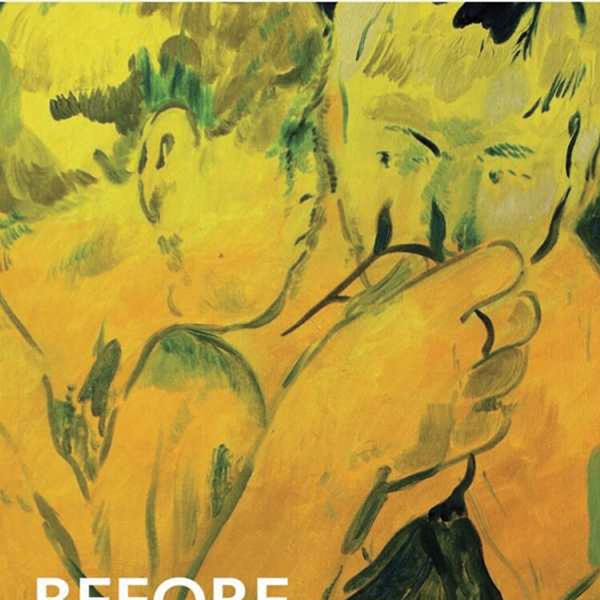Perhaps the first hurdle for an author writing a memoir is sorting out whose story is whose. "I have a story, but it didn't happen to me," Piper Weiss complains to an old college boyfriend early in You All Grow Up and Leave Me. The book is a riveting account of an adolescence that was marred by a relationship with her tennis coach, Gary Wilensky, who later assaulted and attempted to kidnap another young student referred to by Weiss as "the Daughter." But "marred" is the wrong word, as the author struggles with the complexities of her relationship with Wilensky, and what he represented to her before it all literally turned into a real-life house of horrors that landed on the front pages of newspapers and magazines—all saved by Weiss's mother in an actual file. Is Weiss writing Wilenky's story? The Daughter's? If it seems that by riding shotgun in Wilensky's car all those times to and from tennis practices, the more interesting worldview became Weiss's own, a front-row seat to the dark streets Wilensky travels down, but with an ear tuned to the chatter of the young girls in the back.
Although the true crimes and potential crimes of Wilensky are the inciting incidents for Weiss's story, these tabloid headlines are a small part of the whole, a compelling coming-of-age story in the halls of private schools on Manhattan's Upper East Side, where Weiss feels too short, too Jewish, not pretty enough, not smart enough, and, ultimately, possibly not one of Wilensky's "favorites." It is also an accounting of all the relationships outside of Wilensky: the girls she tries to fit in with, the boys she meets at parties, and, most significantly, her own family, mainly Weiss's mother, who is perhaps the unexpected heroine of her teenage battles.
The story of an adolescent girl being at odds with her mother may not sound like a plot line you have never read before, but in Weiss' hands, the complexity of their interactions offers a guide to raising an artistic, headstrong daughter while at the same time shedding light on being that very black sheep of a girl storming through her teenage years. Weiss does her homework by providing background of her mother's mother in order to better understand their differences. And there are very big scenes with Weiss and her mother, from being interviewed by reporters about Wilensky, to a very violent encounter between the two of them over the whereabouts of a Banana Republic sweater. But Weiss is a poet of small details, neatly summing up their intimacy in one simple gesture, when Weiss enters the kitchen and takes her mother's can of diet soda, and her mother wordlessly rises and gets herself another.
Getting back to Wilensky, as Weiss relentlessly continues to do, we learn that violent crime has no room for metaphor. Weiss herself, upon being turned down by the Daughter for an interview for the book, is smart to recognize her own privilege of not being the object of the actual violence. But still: "I loved him," she tells a reporter. And as her mother explains to her, incredibly, "He came at a time in your life when you needed him." Ultimately, it's the old college boyfriend who sets her on course for the book, saying "Piper, this is your story. Don't forget that." But what Weiss discovers in the conflicted metaphor of developing her own adolescent sexuality in the company of a sexual sociopath is that sometimes not being the "favorite" can provide its own singular perspective. Sometimes it can even save your life.
Piper Weiss reads and signs at The Golden Notebook in Woodstock on July 14 at 6 pm.

















